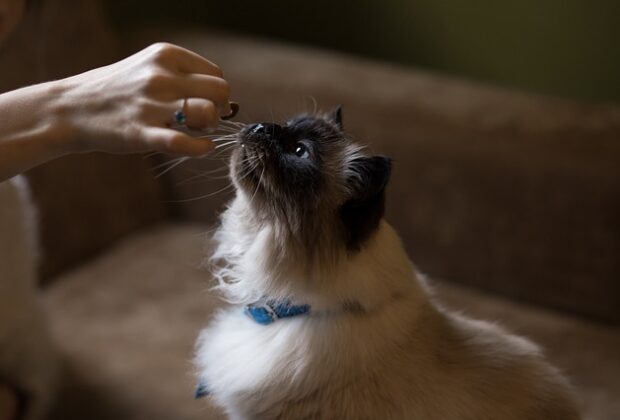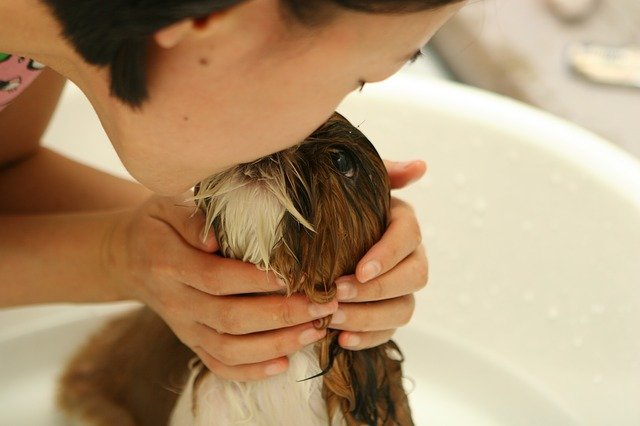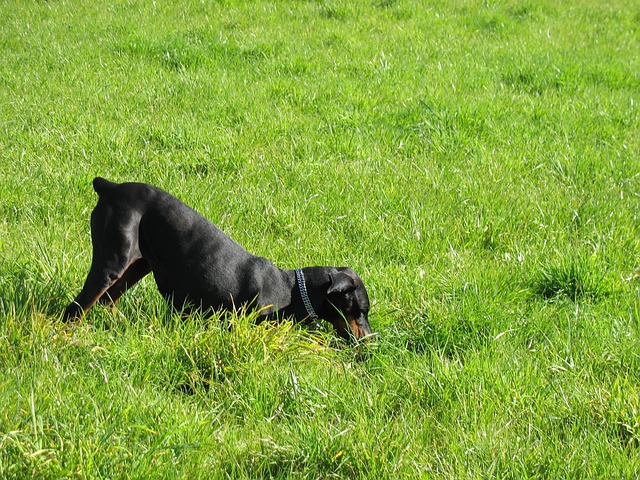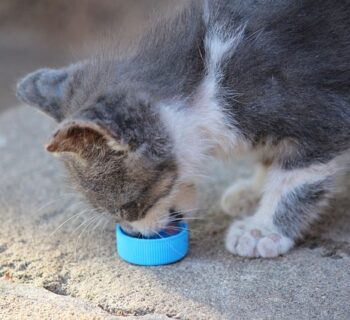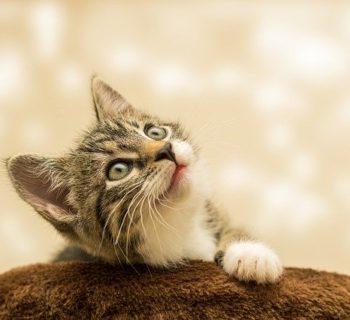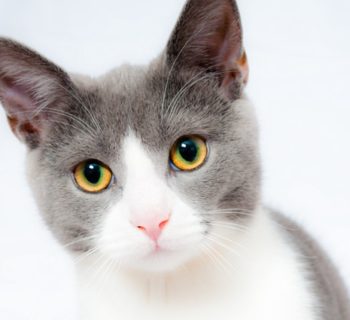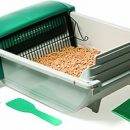My cat won't eat; what do I feed it? Many pet owners have asked this question about their fur babies at least on one occasion. Why isn't your cat eating? What can you do about a cat that won't eat? We'll find out in this article. We'll discuss the possible reasons your cat won't eat, what to do about a cat that turns away food, and other details cat owners will find helpful.
Why Your Cat Won't Eat
There are several reasons your cat may be avoiding its meals, and we outlined some of these reasons below;
Ill health
A sick feline is more likely to lose its appetite than a healthy one. If your cat suddenly stops eating, it might be an indication of poor/declining health. Pay close attention to it and watch out for other symptoms of poor health.
Some of the common conditions that may cause your cat to stop eating include toothache, bacterial/viral infections, cancer, intestinal problems, pancreatitis, and kidney issues. Thankfully, the problem isn't severe most of the time and can quickly be resolved with some prescription medications and diet and lifestyle changes.
Vaccinations
If your cat recently received a vaccination, it may explain its sudden poor appetite. Loss of appetite after a vaccine isn't uncommon, and while it might be bothering initially, it passes quickly, and felines are usually better in just days.
Psychological problems
Cats can suffer from emotional/psychological issues, and this can affect their appetite. However, before concluding that your cat's poor appetite results from a psychological problem, first ensure that a vet has confirmed that it isn't in physical discomfort.
Some common psychological problems that may affect your feline's appetite include anxiety and depression from recently altered schedules, new people in the home, and even new pets.
Surgery/anesthesia
If your cat recently had surgery, it may be recovering from the anesthesia and, as such, would require some help with feeding until things get back to normal. Anesthetic drugs can sometimes affect their guts and cause nausea which usually takes some time to resolve.
Finicky eater
Like humans and other pets, cats can be finicky with meals. This tends to happen more with cats recently introduced to a new type of food and even serving styles. Many felines would need time to adjust to the new meal or way of eating.
Unfamiliar environments
A change in a cat's routine can affect its appetite as they are more or less creatures of habit. They can also suffer from motion sickness during car or plane travels, which is often accompanied by nausea and poor appetite.
Reduced sense of smell, low physical activity levels
Older cats usually have a reduced sense of smell, mobility issues, and digestion problems. These problems can affect the animal's appetite, and unless some form of feeding support is provided, the condition is likely to worsen.

Things You Can Do When a Cat Doesn't Eat/What To Feed a Cat That Won't Eat
Outlined below are steps you can take if you have a cat that won't eat;
Prescription diets
Suppose your cat's poor appetite does not go away within a few days. In that case, your vet may recommend a different food or one that specifically caters to the animal's specific medical needs. These foods are usually high in essential nutrients and available in a wide range of options. As they are high in nutrients, they may cause diarrhea and other side effects at the onset of use.
Homemade broths and purees
Homemade broths and purees can help restore your feline's appetite regardless of the cause. However, it should only be done with pure unseasoned, low-fat meat as packet stocks and gravies often contain ingredients like onions and garlic that are potentially harmful to felines.
Varieties/switch things up
Just like humans and other pets, cats enjoy variety. And thankfully, you already have everything your cat requires to help restore its appetite in your home/pantry. You can also select only the ingredients you want to be included in the meal, especially when dealing with cats suffering from chronic health conditions like renal failure or liver problems.
Feed small portions regularly
When cats are sick or stressed, they usually will not need as much food as before. They, however, still need the nutrients of these foods, and by regularly offering small amounts of nutrient-dense foods, you can support the feline's nutritional needs and prevent the buildup of stomach acids.
Use automated cat feeding bowls
These types of feeding bowls are beneficial for cats with owners who are frequently away. It may also be used for cats that prefer to eat little at a time and overnight. These automated feeders helped to prevent or minimize wastage.
Some of these feeders are also suitable for multi-cat households as they are designed to open when a specific cat uses them. This way, other cats are not inclined to steal the food or fight over food.
Love and support
While cats enjoy being by themselves, they also love being around their humans. In times of ill health, taking your time to sit or lie beside them while they eat can help improve their appetite. You can also offer gentle, reassuring words and some back pats. However, all of these still have to be done in moderation as they may start to avoid eating alone even after they feel better.
Hand feeding
Sometimes, your cat may need some persuasion to eat. This could mean feeding it with your finger or a teaspoon. Do this gently and regularly until your cat starts to feel better/when the treatments start working. Ensure, however, that you do not continue once the cat starts to feel better, or your cat may always come to expect to be hand-fed.
Feeding tubes
While it is possible to help a cat with a poor appetite by feeding them liquid food with a syringe, it can sometimes make them dread mealtimes. Plus, no one likes the stress of forcing food down the throat of a resistant animal. Cats certainly do not. Instead, your vet may recommend a temporary feeding tube to be placed. You can get food into your cat with almost no problem with it. Keep in mind that feeding tubes are only recommended in some situations.
Appetite stimulants
When cats lack appetite, vets may sometimes recommend appetite stimulants to boost the cat's appetite while treating the underlying cause if severe. This is done to ensure that your cat is not starved of beneficial nutrients that could improve its health. Some common appetite stimulants include;
Cyproheptadine
Formulated for humans, this antihistamine drug is used for its appetite-stimulating effects in pets. However, while it works, it is not without its side effects. These effects include agitation, howling, lethargy, and even quietness in some cats. Some may also experience less than normal urination, elevated heart and breathing rates, and increased temperature. It may also not have the same stimulating effects on all cats' appetites.
Mirtazapine
Mirtazapine may boost the appetite and lessen nausea in cats even though it is originally a medication for humans in small dosages. It is, however, not without side effects, including agitation, restlessness, vocalization, or sleepiness. The drug is not recommended for felines on some medications and those with chronic conditions such as liver diseases, overactive thyroids, and high blood pressure.
The drug may also cause a condition known as "serotonin syndrome" marked by pupil dilation, pacing, agitation, elevated breathing, staggering and excessive meowing, amongst others.
Other common appetite-stimulating medications include Diazepam and steroids. While these often work, they are not without undesirable effects, with some even known to cause problems such as liver failure with prolonged use.
What To Feed a Cat That Won't Eat: Conclusion
Like their humans, our pets can sometimes deal with poor appetite. While the causes are usually non-life threatening, you still want to ensure that the condition is resolved quickly. We discussed some of the possible causes of appetite loss in cats and the steps you can take to manage the condition until your cat feels better.
As always, we advise that pet owners do not wait too long to have a vet check their pet if they suspect that an underlying condition might be the cause of their pet's appetite loss. It is also essential to get the pet checked immediately if the appetite loss seems to have happened suddenly/without warning.
Had any experience with a cat with a poor appetite? What steps did you take? How soon did your feline recover? Share in the comment section below. Also, share other questions and questions you may have about feline sudden poor appetite below, and we'll try to answer them.
About the Author
Kirsten Heggarty
Kirsten created The Pet Handbook with the aim of sharing her knowledge about pets, pet food, healthy habits, and more. All of her advice is based on years of her own experience with her pets, and feedback that she has received from grateful readers about her tips. If you want to know more please read the About Me page.

